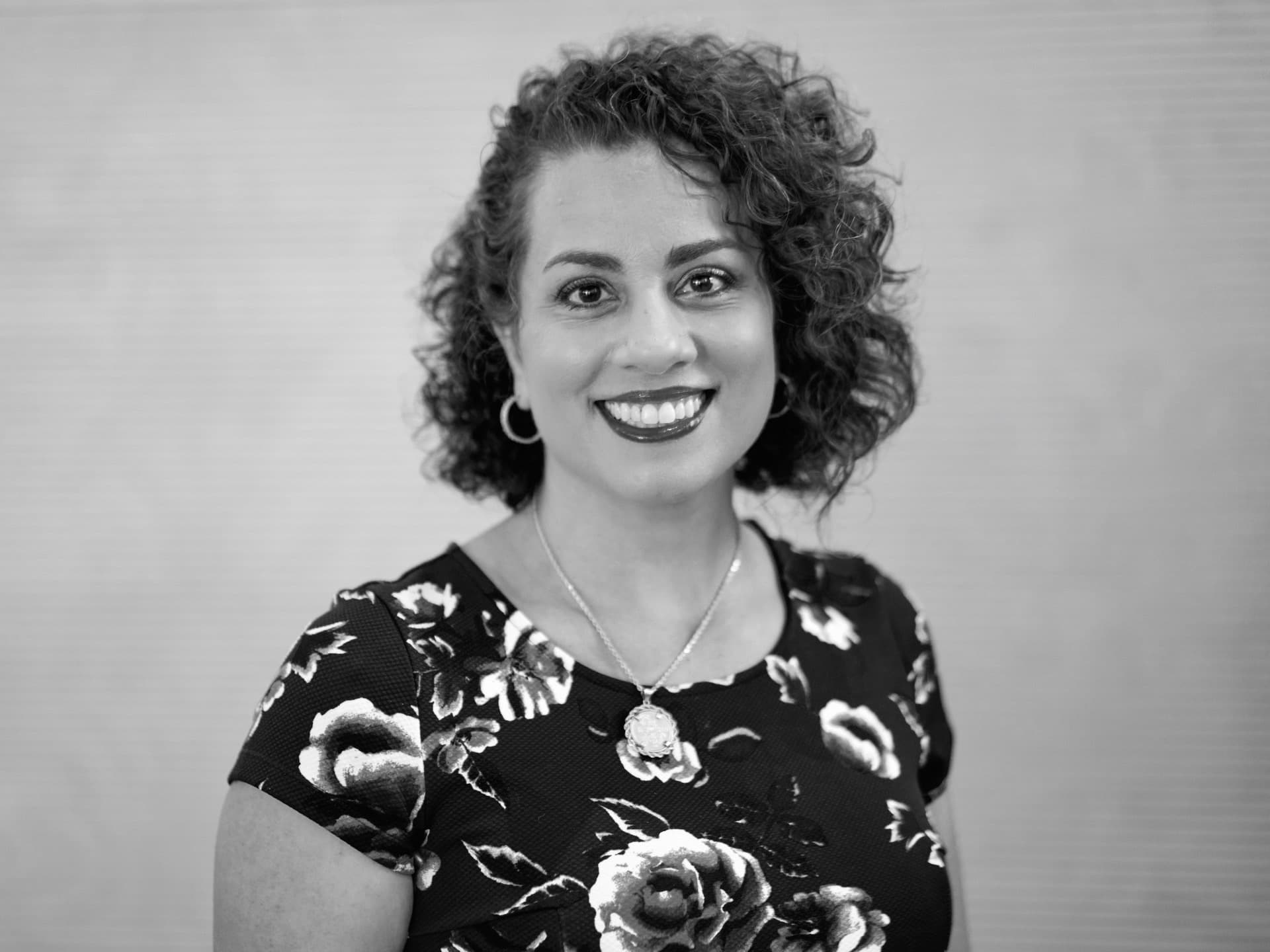As the High Holy Days approach, some Jews might dread sitting for hours on end in shul, crowning God as their King while their minds inevitably wander off to their missed calls, their mortgage payment or their next meal. Davening, the Yiddish term for prayer, may feel like a constant battle.
And that’s how it should be, according to Rabbi Reuven Wolf, director of Maayon Yisroel, a Chasidic community center on La Brea Boulevard that he founded one year ago with his longtime student Chaki Abehsera.
At his recent shiur (study) on the weekly Torah portion, Wolf deftly interwove biblical commentary with kabbalistic thought to interpret God’s biblical battle cry to the army of Israel as a reference to prayer — the “bloodiest” battleground between the Jewish neshama (spiritual soul) and the animal soul.
“We shouldn’t get disheartened if, in the middle of davening, we experience distractions and we think of other things,” he told an audience of about 50, the majority of whom were observant women. “It’s a sign of good davening — good davening will be interrupted. Like wrestling, the animal soul is fighting back.”
Reconciling the yearning for divine light and worldly survival is a theme that permeates Wolf’s teachings at Maayon Yisroel. A father of six, Wolf quit his full-time job as a teacher at Toras Emes, the Orthodox day school located a few blocks away, to dedicate his time to infusing L.A. Jewry with spiritual applications of Jewish practice and texts.
“We had a vision: Why can’t we create a place that is a warm, inspiring place where we learn about the more mystical elements of the Torah?” Wolf, 37, said.
But the animal soul doesn’t seek only the material luxuries abound in Los Angeles, he explained. The practice of religion, too, can succumb to the animal soul, which seeks to reduce religious observance to mere outer practices bereft of a deeper, spiritual motivation.
“Not to say that the performance of ritual mitzvot is coming from an animal soul or furthers animal interests — but the animal soul wants to stop with that, doesn’t want to take it further,” Wolf said.
Wolf had hoped to open his center on Pico Boulevard, the Jewish thoroughfare that serves as a local mecca for the young Jewish searcher. Centers for Chasidic and kabbalistic thought — Chabad, Breslev, and, of course, the Kabbalah Centre — have all set up shop near the Pico-Robertson intersection. But when contracts kept falling through to open on Pico, Wolf took it as a sign to open the center in his own neighborhood of Hancock Park, considered the local stronghold of Litvak Jewry.
With its roots in Lithuania, Litvak Judaism is Chasidut’s centuries-old rival, placing talmudic scholarship as the prime gateway to God. The Chasidic teachings of the Baal Shem Tov (aka Reb Yisroel ben Eliezer) in the 18th century — the inspiration for Maayon’s approach — rivaled the Litvak philosophy with its emphasis on prayer, faith, kindness and the mystical dimensions of the Torah.
Wolf leased the former offices of a fashion designer, which sit above the kosher Pizza Mayven, off First Street, to share Chasidic teachings that may be as foreign to a Litvak Jew as an unaffiliated Jew.
“Spirituality always requires a person to get out of his comfort zone,” he said. “At least to break free from where you are.”
Wolf’s lifelong spiritual and intellectual journey make him an ideal candidate to merge the Litvak and Chasidic worlds. He grew up in Borough Park, a Chasidic community he found Chasidic more in body than in soul.
“The same thing that has happened to Judaism as a whole has happened to Chasidic circles. Even Chasidic communities which are supposed to be about light and energy have become mechanical and superficial,” he said.
Later, as a bochur (student) at acclaimed Litvak yeshivas — Slabodka in Bnei Brak and the Mir in Jerusalem — Wolf kept his deep interest in Chasidut undercover. “I’ve come a long way from that world,” he said.
His emphasis on inner spirituality doesn’t translate into compromises of halachah (Jewish law). Take the mechitza (divider) in the main study hall, for example. It’s high enough to completely block the line of sight between the women and men.
Co-founder Abehsera, 34, who works as a graphic designer by day, is the unofficial welcoming committee for newcomers to Maayon. And he doesn’t want the mechitza to serve as a barrier for the non-observant.
“If you’re sitting down in a class and a beautiful woman comes and sits down, who would you look at first, her or God?” Abehsera often explains to the men.
While kiruv (Jewish outreach) is not Maayon’s goal (women are welcome to come wearing pants), they hope the spiritual teachings will naturally draw Jews to spiritually grounded observance.
The challenge for Maayon is to enhance the physical encasement for its spiritual teachings — its animal soul, if you will. The classrooms are designed in modern tones, but few books line the shelves and they have yet to put up a sign outside the building. Maayon collects just enough money through donations and sponsorships to make it through the month. For now, they’re living on a prayer — and faith.
“But we’re here,” Wolf said. “We know it’s going to explode soon.”
For more information about Maayon Yisroel, call (323) 747-5228 or visit www.maayonyisroel.com.






















 More news and opinions than at a Shabbat dinner, right in your inbox.
More news and opinions than at a Shabbat dinner, right in your inbox.